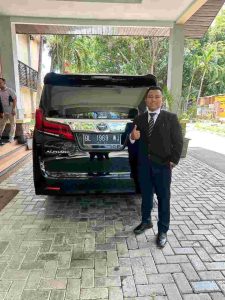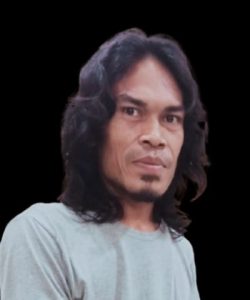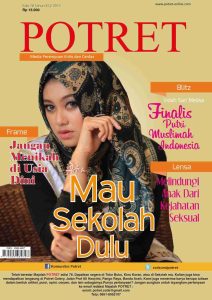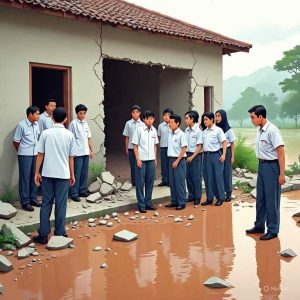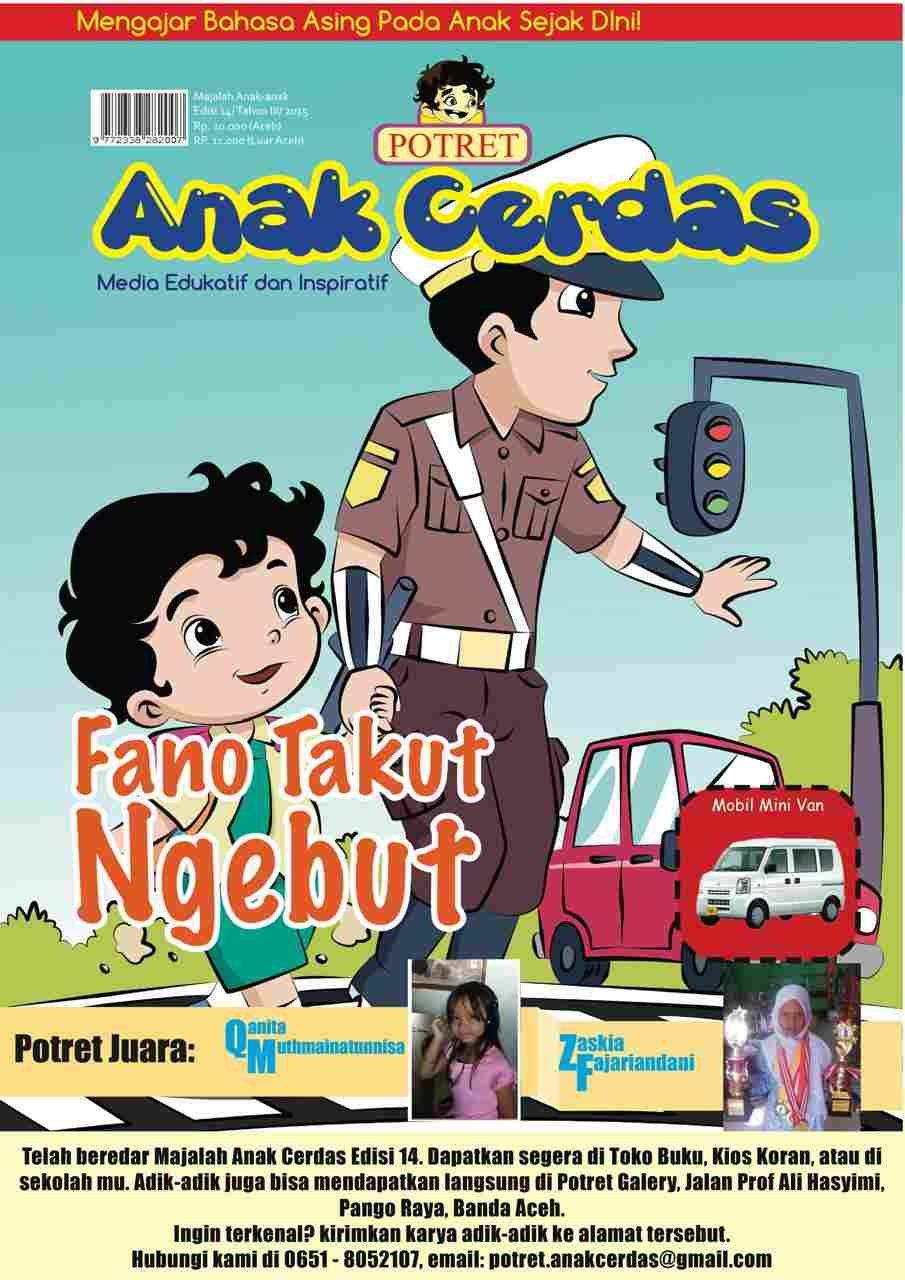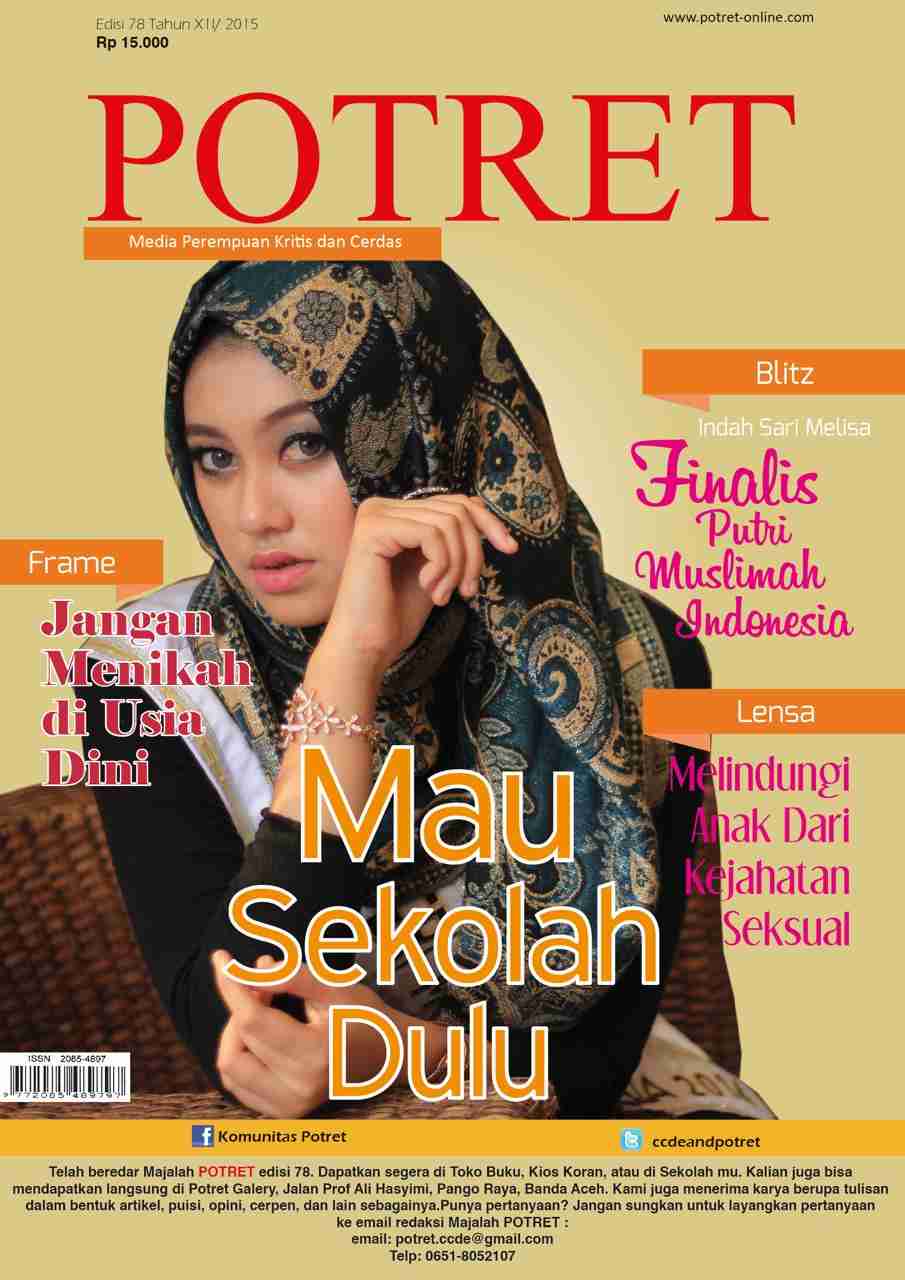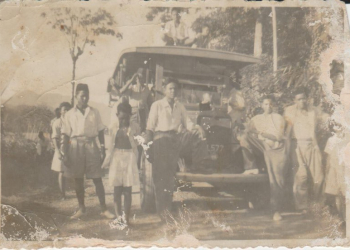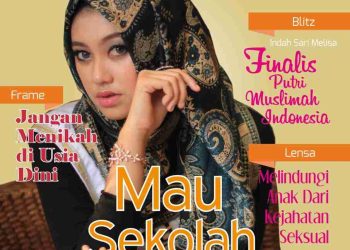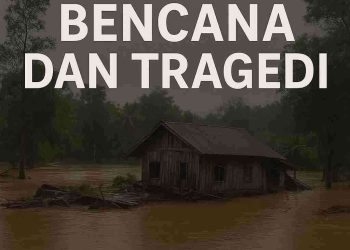Dengarkan Artikel
By: Mohd Abbas Abdul Razak
This article is based on my experience as a member of the organizing committee for the youth camp held for minorities residing in ASEAN (Association of Southeast Asian Nations) member countries. The camp was organized by the International Institute of Islamic Thought (IIIT) and chaired by Prof. Emeritus Dato’ Wira Dr. Jamil Osman, Director of Regional Cooperation at IIIT ESEA. Dr. Maulana Akbar Shah @ U Tun Aung from Myanmar and Dr. Alizaman Gamon from the Philippines were honoured to serve as directors of the three-day camp, which took place from 30th May to 1st June at the Institute Aminuddin Baki(IAB). The Malaysian Ministry of Education significantly contributed to the camp’s success by providing access to the venue, hostels, lecture hall, and other facilities at IAB. The cooperation and coordination of all involved parties were instrumental in ensuring that the camp successfully achieved its objectives.
The camp was attended primarily by undergraduates, along with a few postgraduates, from various ASEAN countries. Travel was not a major hurdle, as most of the participants were already studying in Malaysia, mainly at the International Islamic University Malaysia and Albukhary International University. Although the camp was primarily designed to cultivate Islamic leadership among Muslim youth, a few non-Muslim participants also joined, eager to benefit from the diverse activities conducted in alignment with the camp’s objectives.
Dr. Muhammad Rashaad Bakashmar, Brother Shahran, Brother Shazwan, Sister Juwairiyyah, and Dr. Mohd Abbas Abdul Razak did an outstanding job in mobilizing the students and ensuring the camp ran smoothly without any major issues. The emcees also performed their roles commendably, having taken the initiative to research and properly introduce each speaker to the audience. Overall, the student committee’s work ethic, teamwork, and dedication deserve high praise.
Day One of the Camp
A total of 130 students from across all ASEAN countries gathered at the IAB campsite. After settling into their hostels, an ice-breaking session was held later in the evening following dinner. During this session, all participants—including trainers, students, and facilitators—had the opportunity to introduce themselves and briefly share their experiences, as well as their aspirations to serve humanity in their respective home countries.
Day Two
The second day of the camp began with morning prayers, led by Dr. Mahfuth Khamis. Following the congregational prayers, Dr. Mahfuth delivered a spiritual talk, offering nourishment for the souls of those in attendance. Before breakfast, a fifteen-minute stretching session was conducted by Brother Shahran. This light exercise was considered essential to help participants stay physically fit and energized for the long and intellectually engaging lecture sessions that lay ahead throughout the day.
Upon enjoying their breakfast, participants adjourned to the main auditorium to listen to prerecorded messages from Prof. Emeritus Dato’ Dr. Osman Bakar, Rector of the International Islamic University Malaysia, and Prof. Dr. Omar Hasan Kasule, Secretary General of IIIT, USA. Prof. Osman’s message focused on leadership qualities, emphasizing good governance and peaceful coexistence based on Qur’anic principles. He highlighted that these values are essential to achieving peace in regions currently facing conflict. Building on Prof. Osman’s message, Prof. Kasule took the participants through key historical events related to the rise and fall of civilizations. He pointed out that many past civilizations failed to achieve lasting peace, prosperity, and coexistence among diverse ethnic groups. Concluding his message, he expressed hope that the 21st century would be an “Asian century,” where the people of the East could lead by example and inspire the West in building a more peaceful world.
📚 Artikel Terkait
Dr. Maulana Akbar Shah, serving as the camp director, briefed the participants on the main objectives of the youth camp and outlined the schedule for the following two days. Participants then had the opportunity to hear from youth leaders representing Malaysia, Myanmar, Cambodia, and Laos. These leaders spoke candidly about the challenges of coexistence faced by minority communities in their respective countries. Demonstrating a commendable level of maturity, they advocated for non-violence, dialogue, and diplomacy as the means to secure minority rights in non-Muslim majority nations. They also emphasized the importance of fostering positive relationships with both government bodies and non-governmental organizations (NGOs) within their countries.
After listening to speeches delivered by a few youth leaders of ASEAN member countries, in the afternoon, the participants were put into smaller groups to come up with their findings on the rights and challenges of minority populations in different parts of the globe.
Final Day of the Camp
The third day of the camp was entirely dedicated to the students, providing them with the opportunity to showcase their intellectual abilities, public speaking skills, and leadership qualities. Each group was given five to seven minutes to present their findings on a specific country assigned to them. No continent was left out, as the presentations covered selected countries from every region of the world. This session proved to be particularly engaging, as it allowed participants to learn not only from their own research but also from the insights shared by other groups.
As a member of the organizing committee, I was struck by how different today’s youth are compared to those of my generation. Growing up in a globalized world, with constant access to the Internet and social media, they are far more informed and connected to global events. All the presenters articulated their ideas and research findings clearly and confidently. Listening to them filled me with hope and confidence that, God willing, they will emerge as remarkable leaders in the future.
The Grand Finale
The final event of the three-day youth camp was a speech delivered by Prof. Dato’ Dr. Mohamad Fauzan bin Noordin, Deputy Rector (Student Development & Community Engagement) at the International Islamic University Malaysia (IIUM), and Director of the International Institute of Islamic Thought (IIIT) for East and Southeast Asia. Having just returned from a tour of Scandinavia, Prof. Fauzan spoke on the concept of Islam Madani, a term recently reintroduced to the global stage by the current Prime Minister of Malaysia, Yang AmatBerhormat Dato’ Seri Anwar Ibrahim.
He explained that the concept of Madani was first articulated by Ibn Khaldun (1332–1406) in relation to his theories on Islamic civilization. In today’s world—marked by deep political divisions and conflicting ideologies—Prof. Fauzan stressed that Muslims should take the lead in promoting Islamic values and ideals through peaceful means. He expressed strong belief in the relevance of Islamic civilization, which is grounded in key principles such as Wasatiyyah (moderation), Rabbaniyyah (God-centeredness), and Alamiyyah (universality).
As a final point in his address, Prof. Fauzan emphasized that one of the unique strengths of Islamic civilization lies in its focus on the education and cultivation of the human soul. Unlike many other civilizations, Islam acknowledges the existence of the soul and calls upon Muslims to fulfill the commandments of God. In doing so, it aspires to make the world a more peaceful and just place for all of humanity.
Following Prof. Fauzan’s speech, certificates of participation were presented to all camp participants. As a memento for everyone who attended the youth camp, a group photo session was held in front of the main entrance of the IAB building.
*Note from Potret Online:
The views expressed in this article are those of Dr. Mohd Abbas Abdul Razak, from the Department of Fundamental and Interdisciplinary Studies, AHAS KIRKHS, IIUM, and do not reflect the views of Potret Online.
🔥 5 Artikel Terbanyak Dibaca Minggu Ini
